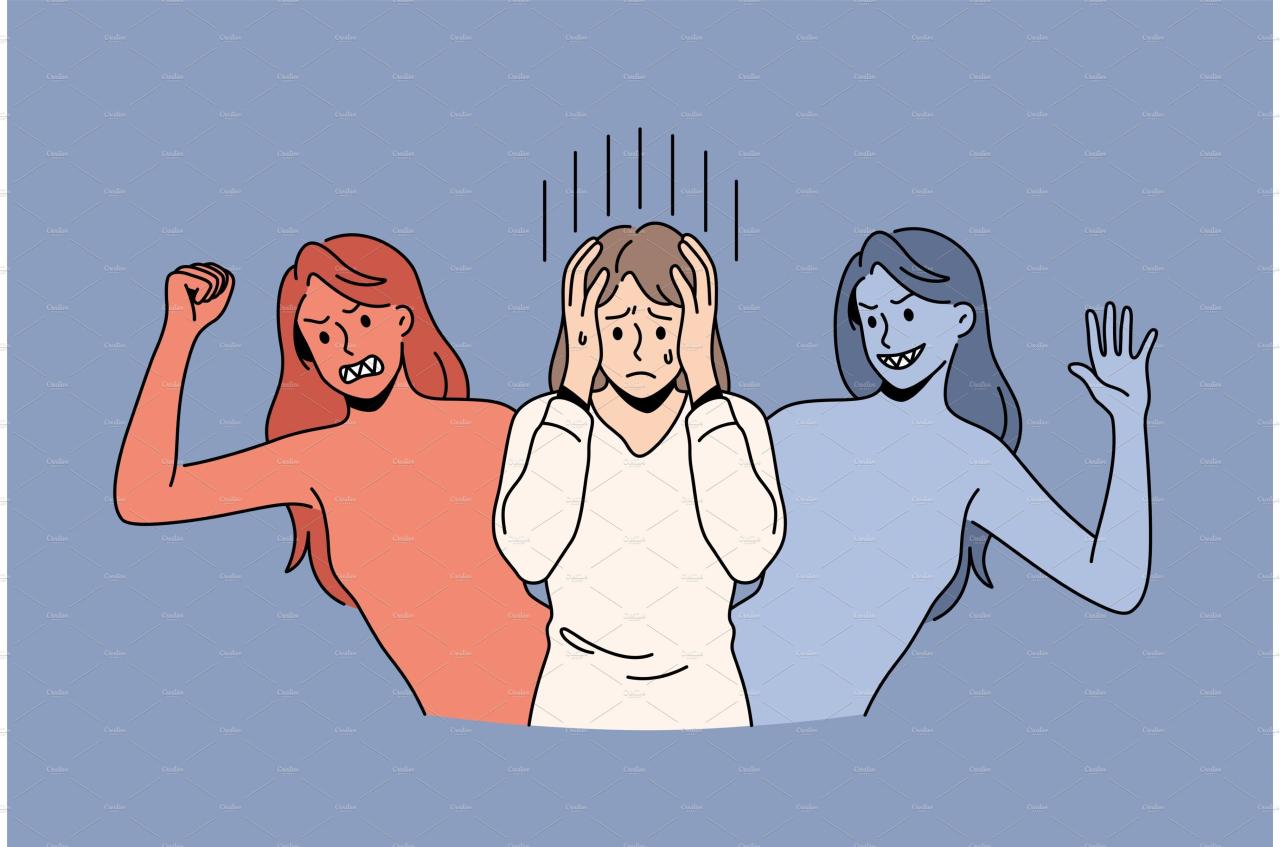The hallowed halls of academia, often perceived as bastions of intellectual pursuit and enlightenment, harbor a silent and pervasive crisis: a growing epidemic of mental health challenges. Behind the polished veneer of scholarly achievement and groundbreaking research lies a high-pressure environment where anxiety, depression, burnout, and imposter syndrome are rampant. This is not a sign of individual weakness but a systemic issue woven into the very fabric of academic culture. Addressing mental health in academia is no longer an option; it is an urgent necessity to preserve the well-being of its brightest minds and ensure the future of innovation and education.
For generations, the academic world has implicitly promoted a culture of relentless dedication, often at the expense of personal well-being. The “publish or perish” mantra, coupled with immense pressure to secure funding, teach, and mentor, creates a perfect storm for mental distress. Graduate students, early-career researchers, and tenured professors alike are susceptible to the unique stressors of this environment. The constant competition, inherent job insecurity for many, and a pervasive sense of isolation can erode even the most resilient individual’s mental fortitude.
This article will delve deep into the multifaceted mental health crisis within academia. We will explore the specific triggers and contributing factors that affect students and faculty, dismantle the stigma that prevents so many from seeking help, and outline actionable strategies for individuals and institutions to foster a culture of wellness and support. It’s time to move beyond whispered conversations and confront this issue head-on, transforming academia into an environment where both intellect and well-being can truly flourish.
The Core of the Crisis: Unpacking Academic Stressors
The mental health challenges in academia are not born from a single source but are the result of a complex interplay of cultural, professional, and personal pressures. Understanding these specific stressors is the first step toward building effective support systems.
A. The Burden of ‘Publish or Perish’: This long-standing academic maxim is a primary source of chronic stress. The constant pressure to publish high-impact research in prestigious journals creates a relentless cycle of work and anxiety. The success of a researcher’s career, their chances for tenure, and their professional reputation often hinge on their publication record, leading to an environment where work frequently bleeds into personal time, leaving little room for rest and recovery. This can lead to exhaustion, burnout, and a feeling that one’s worth is solely tied to their academic output.
B. Pervasive Imposter Syndrome: Imposter syndrome is the persistent, internalized fear of being exposed as a “fraud,” despite evidence of one’s accomplishments. It is extraordinarily common in academia, where individuals are constantly surrounded by high-achieving peers and leading experts. Graduate students may feel they aren’t smart enough to be in their program, while even tenured professors may fear they don’t deserve their success. This can lead to chronic self-doubt, anxiety, and a reluctance to take risks or share new ideas for fear of being judged as inadequate.
C. Financial Instability and Job Insecurity: The academic career path is often fraught with uncertainty. Graduate students frequently subsist on modest stipends, while postdoctoral researchers and adjunct faculty often work on short-term contracts with limited benefits and no guarantee of future employment. This financial precarity is a significant source of stress, making it difficult to plan for the future and contributing to a constant state of anxiety about one’s career prospects.
D. Isolation and Lack of Community: Despite being surrounded by people, academic work can be incredibly isolating. The long hours spent on independent research, writing, and lab work can lead to social withdrawal. This is particularly acute for graduate students who may have moved to a new city for their program and for researchers in highly specialized fields. A lack of a strong, supportive community can exacerbate feelings of loneliness and make it harder to cope with stress and setbacks.
E. Toxic Work Environments and Power Dynamics: The hierarchical nature of academia can sometimes foster unhealthy work environments. The significant power that a supervisor or principal investigator holds over a graduate student or postdoc’s career can lead to dynamics where individuals feel unable to speak up about excessive workloads, unrealistic expectations, or a lack of support. This can create a feeling of powerlessness and can be detrimental to mental well-being.
Building a Framework for Change: Institutional Responsibility

While individuals must be empowered with coping strategies, the onus of change lies significantly with the institutions themselves. Universities and research bodies must move from a reactive to a proactive stance on mental health, embedding wellness into their core operational strategy.
A. Accessible and Destigmatized Mental Health Services: Institutions must invest in robust mental health services that are easily accessible, confidential, and tailored to the unique needs of the academic community. This means more than just a standard counseling center; it includes workshops on stress management, burnout prevention, and imposter syndrome. Crucially, these services must be actively promoted by department heads and faculty leaders to destigmatize their use and frame seeking help as a sign of strength.
B. Promoting a Healthy Work-Life Balance: Academic leaders need to actively model and encourage a healthy work-life balance. This can be achieved by setting clear expectations around working hours, discouraging the normalization of working on weekends and holidays, and ensuring that vacation time is not only offered but taken. Policies that support flexible working arrangements and protect personal time are essential to preventing burnout and fostering a more sustainable work culture.
C. Comprehensive Mentorship and Training: Mentorship is a critical component of academic success and well-being. Institutions should implement structured mentorship programs that go beyond research guidance to include career development, networking, and personal support. Furthermore, providing mandatory training for faculty and supervisors on how to recognize signs of mental distress and how to have supportive conversations with their students and junior colleagues can create a more compassionate and aware community.
D. Re-evaluating Metrics of Success: The “publish or perish” culture is a significant driver of stress. While productivity is important, institutions should broaden their definitions of academic success. Valuing contributions to teaching, mentoring, collaborative research, and community engagement alongside publication records can help to create a more holistic and less pressure-filled evaluation process. This shift can reduce the immense weight placed on a single metric and foster a more collaborative and supportive research environment.
Individual Strategies for Cultivating Wellness

While institutional change is paramount, individuals within academia can also adopt strategies to protect and enhance their own mental well-being. Taking proactive steps can build resilience and help navigate the inherent pressures of the academic environment.
A. Establishing and Protecting Boundaries: One of the most critical skills for academic survival is the ability to set firm boundaries between work and personal life. This means defining specific work hours and sticking to them, creating a dedicated workspace to avoid work spilling into relaxation areas, and turning off email notifications during non-working hours. Protecting your personal time is not a luxury; it is essential for long-term productivity and mental health.
B. Building a Supportive Community: Actively seek out and nurture a supportive network of peers, mentors, and friends both inside and outside of academia. This community can provide a space to share experiences, offer advice, and provide a sense of belonging that can combat the isolation of academic work. Joining student groups, attending departmental social events, or forming a writing group can be excellent ways to build these connections.
C. Practicing Self-Compassion: In an environment that is highly critical, it is vital to practice self-compassion. This means treating yourself with the same kindness and understanding you would offer a friend. Acknowledge that setbacks and failures are a normal part of the research process and not a reflection of your worth as a person. Celebrate small victories and remind yourself of your accomplishments to counter the negative self-talk often associated with imposter syndrome.
D. Prioritizing Physical Health: Mental and physical health are inextricably linked. Ensure you are getting adequate sleep, eating nutritious meals, and engaging in regular physical activity. Exercise, in particular, is a powerful tool for reducing stress and improving mood. Making time for these fundamental aspects of self-care is a non-negotiable part of maintaining your mental well-being.
The conversation about mental health in academia is gaining momentum, but there is still a long way to go. It requires a collective effort to dismantle the cultural norms that have allowed this crisis to fester. By fostering open dialogue, implementing systemic changes at the institutional level, and empowering individuals with the tools to prioritize their well-being, we can transform academia into a place that not only produces world-class research but also nurtures healthy, resilient, and thriving individuals. The intellectual vitality of our academic institutions depends on the mental wellness of the people within them.










